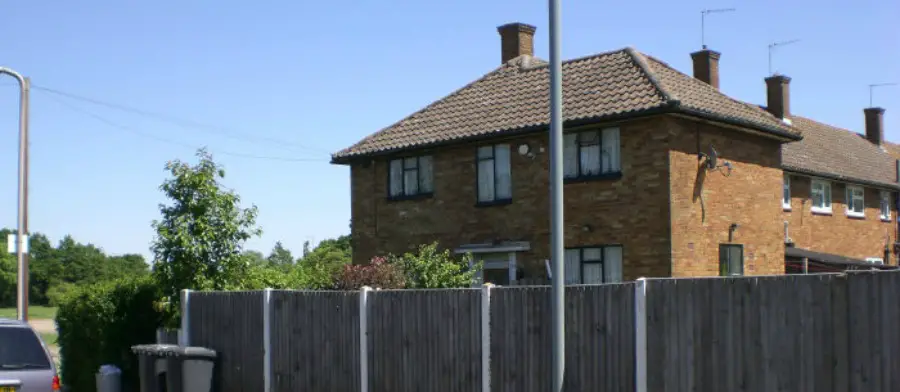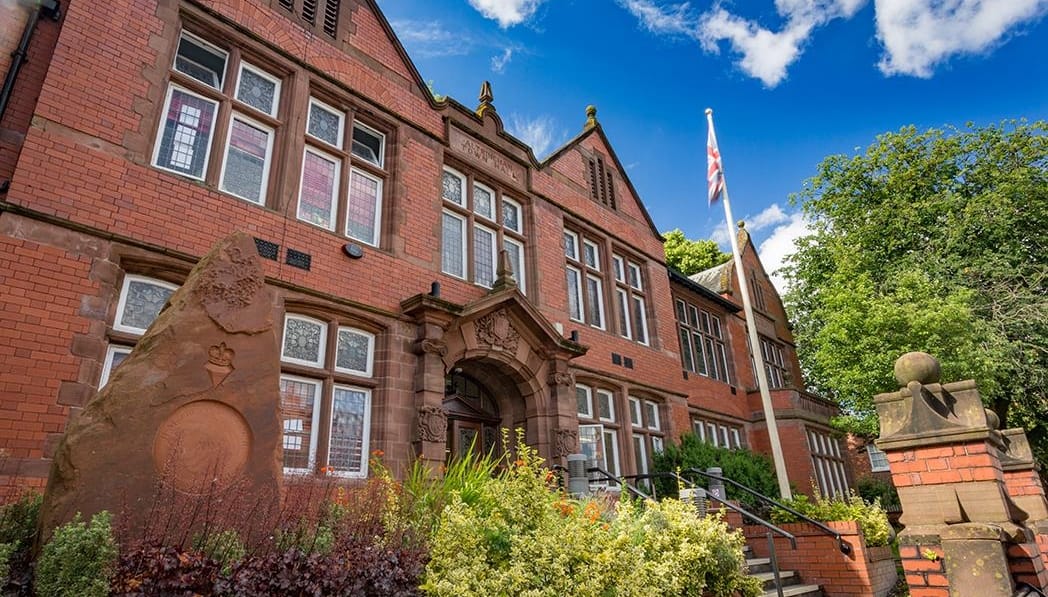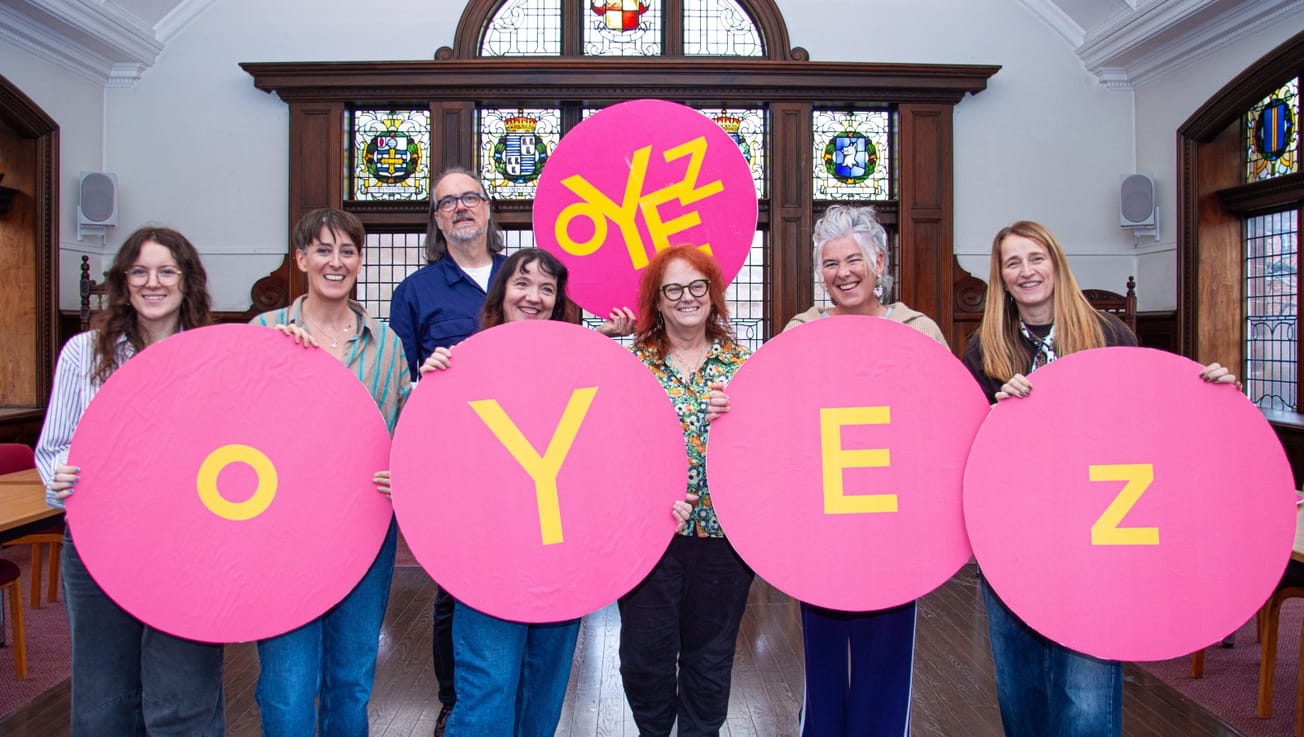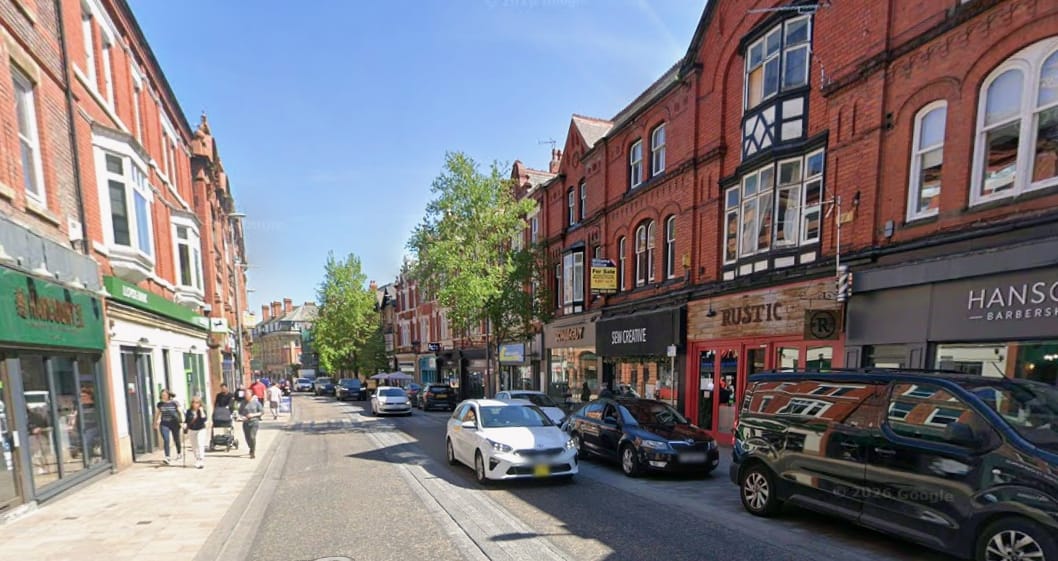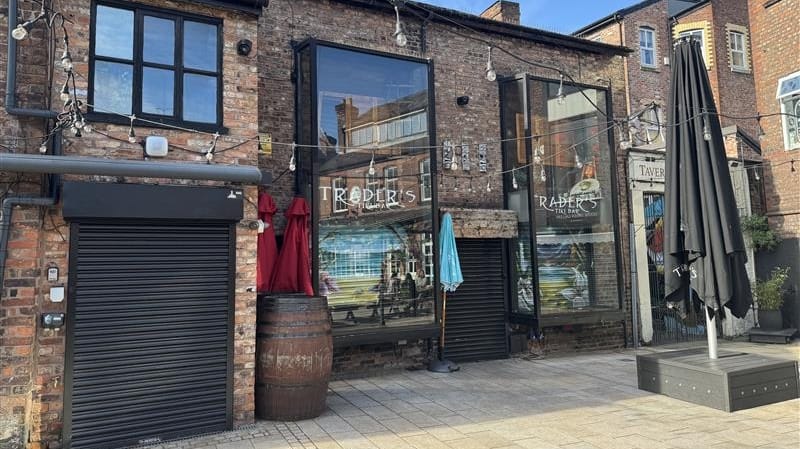A multi-faith action group has been set up to oppose the proposed creation of a 12-mile religious boundary around Hale and Hale Barns.
We reported last week how a revived application relating to the “eruv” was imminent and, if successful, would involve the erection of 95 galvanised steel poles at 50 individual sites along the 12-mile route, with the majority of the poles around six metres in height.
And now a group made up of representatives from the Jewish, Muslim, Christian and Humanist communities has formed to challenge the application from the Hale Eruv Project Trust.
Called South Trafford against the Eruv, or STATE, the group claims that fewer than 100 people will benefit from the eruv, with the “majority” of the Jewish community in the area opposed to the proposals.
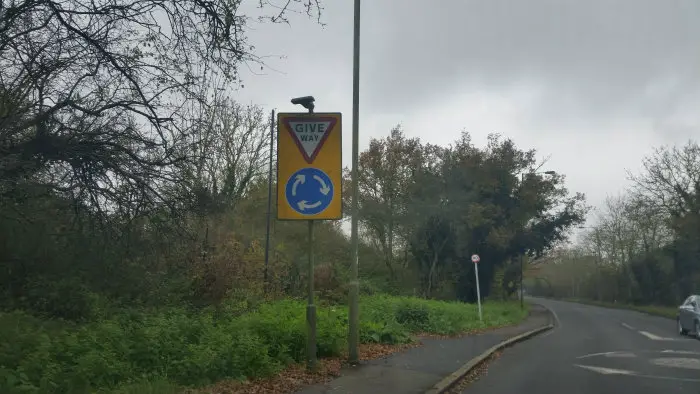
In a statement, the group said the proposal would have “a serious effect on social cohesion in times when religious privilege can lead to hatred and factions within the communities”.
It added that consultation regarding the plans has been “very limited” and “appears to be only with other faith leaders; no consultation has been made with the non-believers in the ward”.
It said that representatives of the group have met for a “low-key strategy meeting” and that more meetings were planned.
The eruv, which would be only the 11th of its kind in the UK, is described as a “religiously symbolic area defined by a continuous geographic route designated in accordance with ancient rabbinic principles and for the Jewish community”.
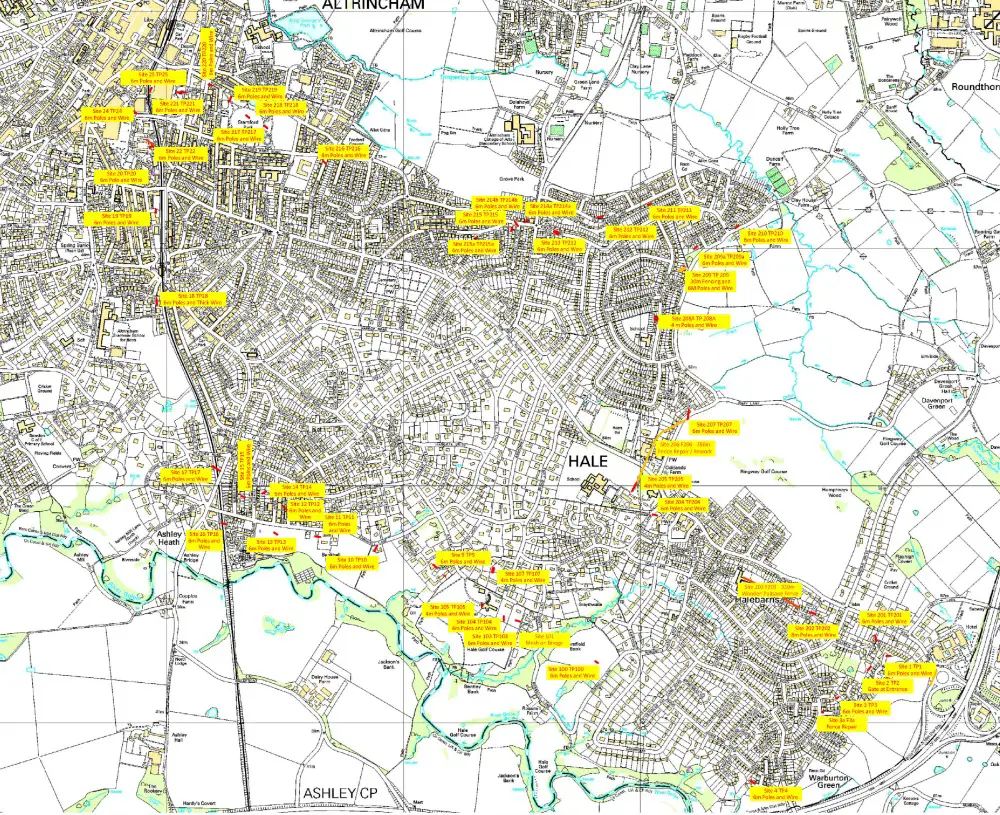
The proposed route for the boundary in Hale and Hale Barns would run “from the junction of Oakfield Road and Moss Lane in Altrincham; eastwards towards the junction of Canterbury Road and Clay Lane in Timperley; then southwards to Hale Street (Marriott Hotel) Hale Barns; then westwards to Bankhall Lane in Hale (near to Ashley Road junction); and northwards to Oakfield Road and Moss Lane”, according to Hale Eruv Project Trust.
In a letter, the Trust explained that an eruv “allows the orthodox Jewish community to observe the laws and customs of the Sabbath while carrying or pushing certain items outside of their home. This includes pushing children in push chairs, picking up or carrying essential items and the use of wheelchairs”.
It would seek to use existing local features including roads, fences and walls but “where there is no obvious natural route, the eruv will be linked by a thin gauge wire similar to fishing line, supported by a series of pairs of slim poles”.
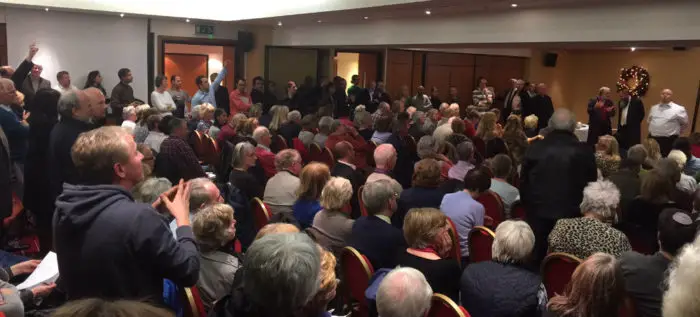
In November 2014, similar proposals resulted in an angry public meeting attended by 300 local residents, the vast majority of whom opposed the plans.
And Neil Taylor, a former local councillor who lives in Hale and the organiser of STATE, said: “Here where we live, we have a fully integrated multi-cultural society where all faiths, and those of no faith, live side by side. Segregation does not exist here. In the world we are living in, fences and boundaries should be coming down and not being built up.
“A twelve mile route with a whopping 95 galvanised steel poles, connected by wires, will look out of place and out of keeping with the area, where we live very harmoniously at present.”

